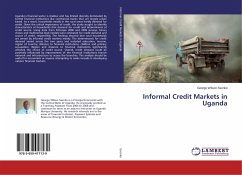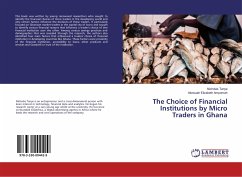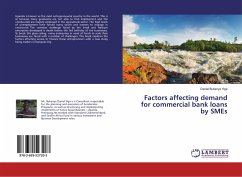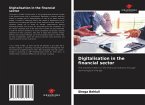Uganda's financial sector is shallow and has limited diversity dominated by formal financial institutions like commercial banks that are largely urban based. As a result, households mostly in the rural areas hardly demand for credit. Given the critical importance of credit, the study sought to identify characteristics of households that demand for credit and determinants of credit source. Using data from FinScope 2006 and 2009 surveys, binary choice and multinomial logit models were estimated for credit demand and source of credit, respectively. The findings showed that rural households are served by informal credit markets mainly. The determinants for credit demand varied across the two years and included education, income, region of country, distance to financial institutions, children and primary occupation. Region and distance to financial institutions significantly affected the choice of credit source. Overall, credit demand could be positively influenced by improvement of the financial institutions branch network and infrastructure to access the branches. The analysis should be useful for economists or anyone attempting to make inroads in developing nations financial markets.
Bitte wählen Sie Ihr Anliegen aus.
Rechnungen
Retourenschein anfordern
Bestellstatus
Storno








